Keywords: Vulnerable
There are more than 200 results, only the first 200 are displayed here.
-
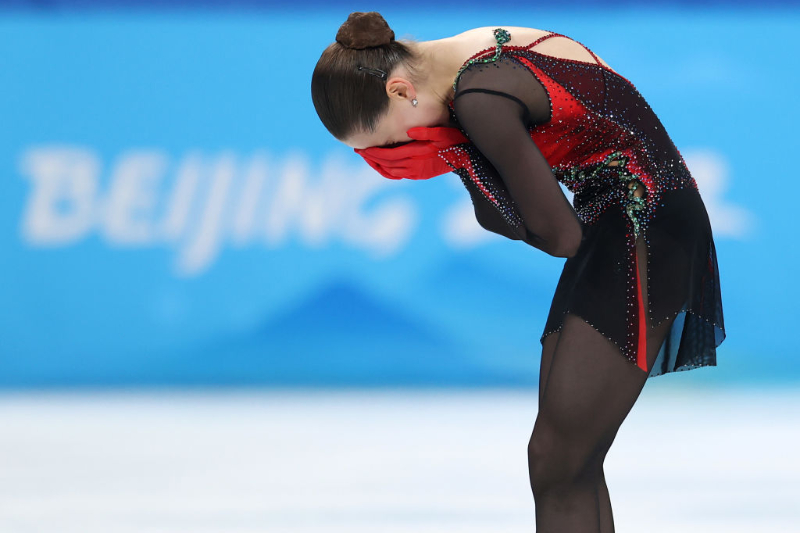
AUSTRALIA
- Binoy Kampmark
- 28 February 2022
7 Comments
For anybody surprised about those ‘marquee tent’ moments, as an ABC journalist crudely termed them, the Olympics is as much about torment as it is about achievement. The torment is very much reserved for the athlete, the achievement reserved for officialdom and media and spectator consumption.
READ MORE 
-
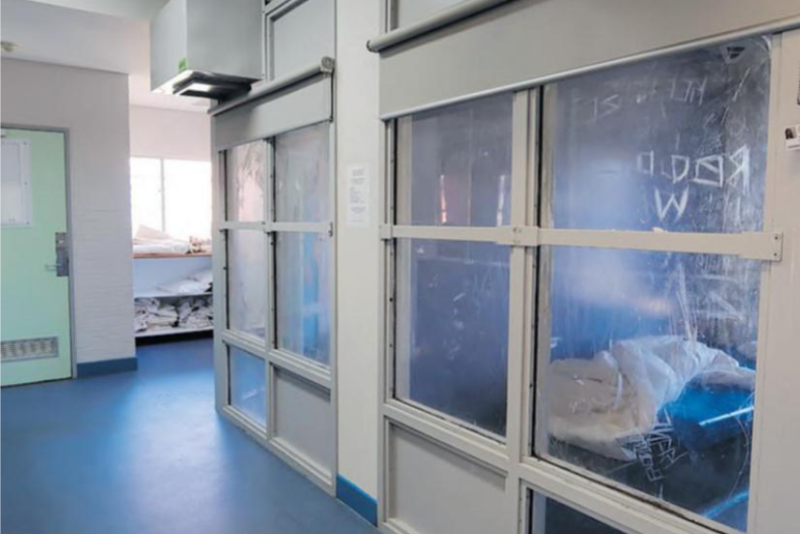
AUSTRALIA
- Julian Butler
- 22 February 2022
5 Comments
Having previously spent time as lawyer working predominantly in the Children’s Court of Victoria, there isn’t too much about the State’s treatment of young people that shocks me. That is, until a few weeks ago when I was drawn to the final item of The Weekend Australian’s editorial column. Under the heading, ‘Hurt boy’s inhuman treatment’, was set out the details of a 15-year-old West Australian boy who had been ‘locked alone in a glass-walled observation cell of a juvenile detention centre in the southern suburbs of Perth for 79 days.’
READ MORE 
-
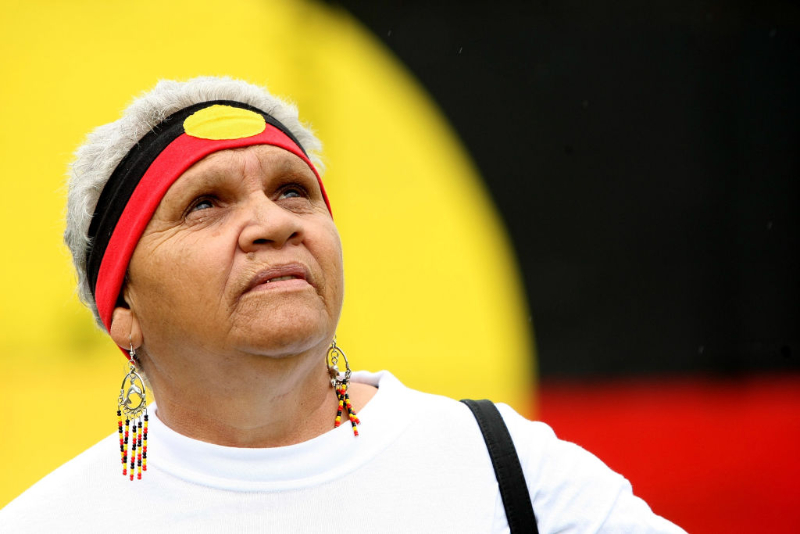
AUSTRALIA
- Andrew Hamilton
- 14 February 2022
6 Comments
The Apology by the representatives of Government was a landmark at the juncture of the road from the past and the path to the future. It defined the harm suffered by Indigenous Australians at the hands of governments obsessed by an ignorant and biased ideology. It also vindicated the Indigenous advocates who had long demanded an end to discriminatory attitudes and behaviour within non-Indigenous Australian society and its institutions.
READ MORE 
-
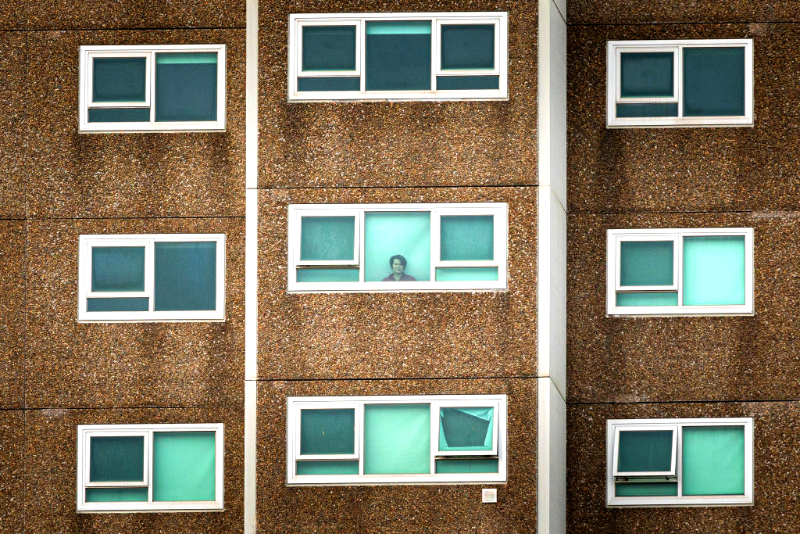
AUSTRALIA
- Brigid Meney
- 31 January 2022
18 Comments
When COVID-19 first arrived, it was described as the great equaliser. Infection could happen to anyone. Your race, creed, or the balance of your bank account didn’t matter to the virus that was spreading. But after a summer of dodging the virus and hunting for rapid tests, it is abundantly clear this isn’t a pandemic of equals. Now we have the data which quantifiably measures just how Australia's socio-economic fault lines were exposed and exacerbated by COVID-19.
READ MORE 
-
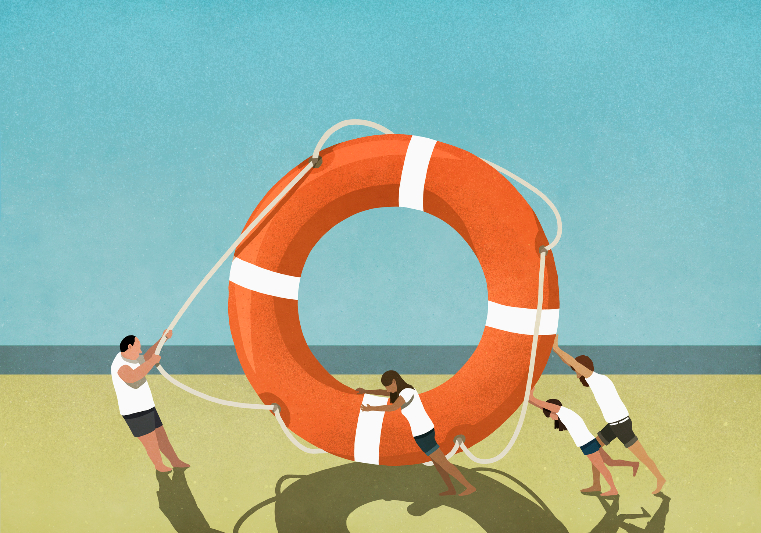
AUSTRALIA
- Greg Craven
- 25 January 2022
53 Comments
One reasonably could ask whether this is the moment to write a book about the potential of Catholic Social Theory to contribute to Australian politics and policy. After all, the Church is still struggling to come to terms with decades of child abuse, hardly a recommendation for social potential. We currently also are attempting to make sense of a Plenary that is both confused and confusing.
READ MORE 
-

ARTS AND CULTURE
- Barry Gittins
- 14 January 2022
4 Comments
We’ve been in a pressure cooker, these past two years. More than a score of historians had memorably described 2020 as the sixth-most ‘stressful year ever’. Predictions and speculations look ahead; I looked at the past trends of the past two years and make these humble observations. With the stage set for dire times, here are six trends to look for in 2022. Here’s hoping.
READ MORE 
-
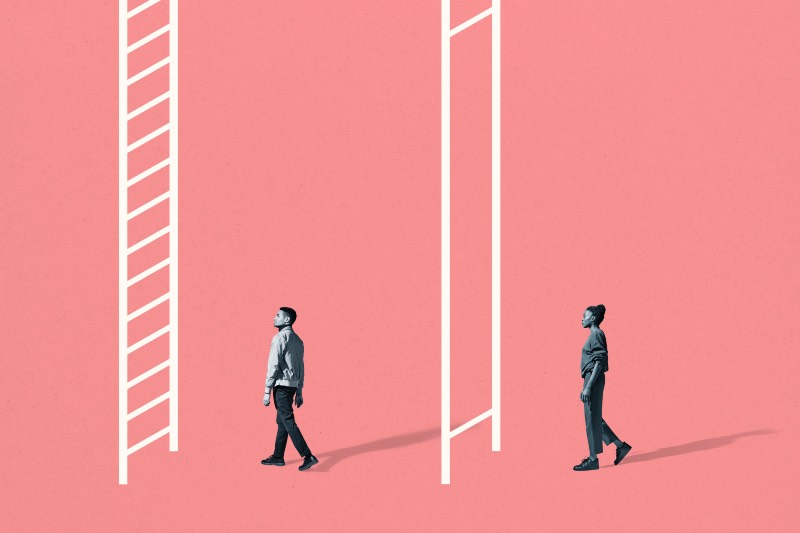
FAITH DOING JUSTICE
- Andrew Hamilton
- 11 January 2022
3 Comments
The debate about quotas based on gender has been well canvassed. The wider issues raised about merit and meritocracy, however, merit further reflection. Far in the background to both conversations lies a sophisticated body of reflection on merit among Christian theologians.
READ MORE
-

MEDIA
- Binoy Kampmark
- 11 January 2022
1 Comment
Instead of retaining its control of a fruit market, or preserving an oil monopoly, Facebook harnesses another resource: data. Any regulator or sovereign state keen to challenge the way the Silicon Valley giant gathers, monetises and uses that data will face their ire.
READ MORE
-
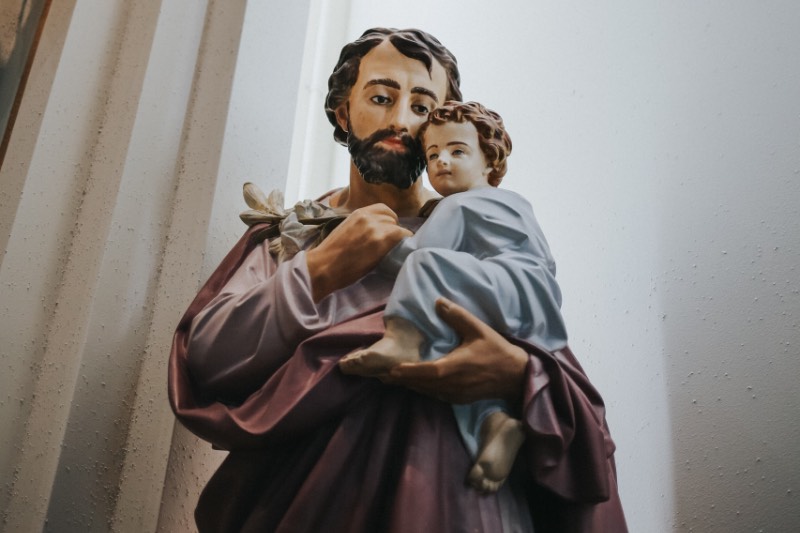
FAITH DOING JUSTICE
- Mike Kelly
- 04 January 2022
2 Comments
There are many gems and reflections on ‘fathering’ in Pope Francis’s apostolic letter, Patris Corde ‘With a Father’s Heart’, in which he nominates 2021 as the year to honour the fatherhood of St Joseph. Francis’s letter is inclusive, encompassing the scope of fatherhood and the responsibilities fathering entails. ‘Fathers are not born, but made’, Francis says.
READ MORE
-
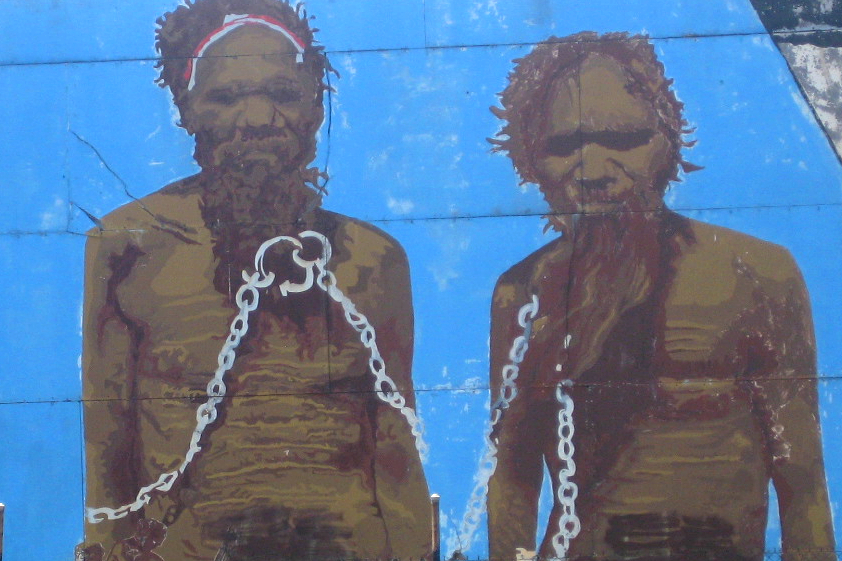
AUSTRALIA
- Brian McCoy
- 14 December 2021
15 Comments
I don’t write to State Premiers very often. However, a month ago I did. It was to the Western Australian Premier, Mark McGowan. It was not about Test cricket, the Juukan Gorge or opening the state’s borders. It was in relation to a photo on the front page of The Australian on the weekend of the 6/7 November showing an Aboriginal man in Western Australia boarding a plane under arrest. He was barefooted and with both a wrist and ankle chain.
READ MORE 
-
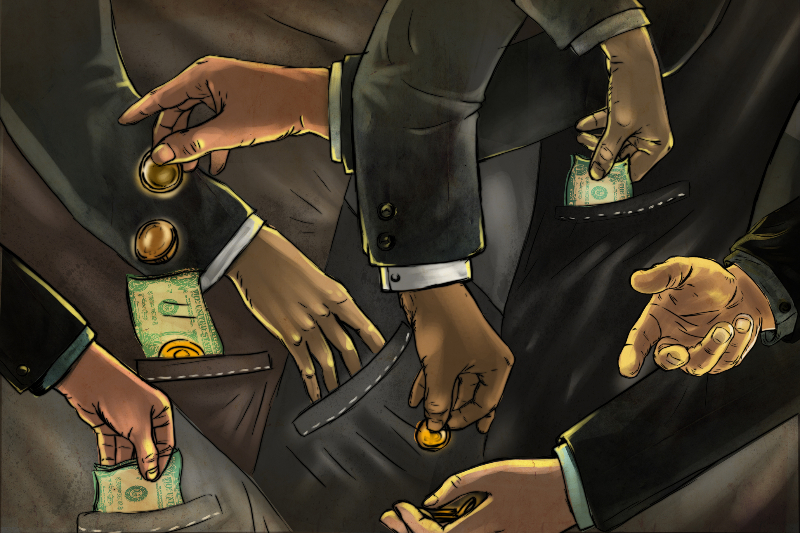
AUSTRALIA
- Andrew Hamilton
- 09 December 2021
24 Comments
Corruption in society is a sign that respect for human dignity has been eroded. If we identify the value of human beings with their ability to compete, we are easily led to treat other people and groups in society as instruments to be used for our own gain. The result is that the integrity of public institutions and people’s trust in them are eaten away.
READ MORE 
-
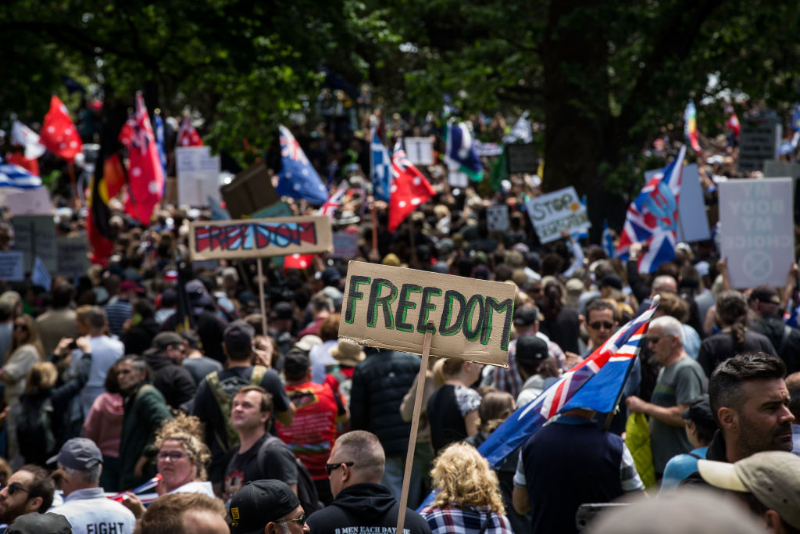
AUSTRALIA
- Andrew Hamilton
- 24 November 2021
31 Comments
There is much discussion about the future of democracy, freedom and other aspects of liberal institutions. Mainly in the United States, under the pressure of a polarised public life. But also to a lesser extent in Australia, in the face of the evasive and authoritarian behaviour of governments and the manifest priority of winning elections over addressing the existential threats of global warming and gross inequality.
READ MORE 